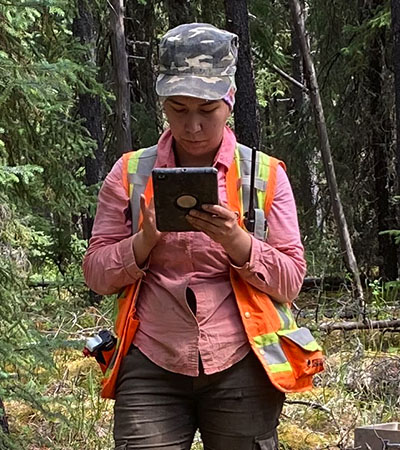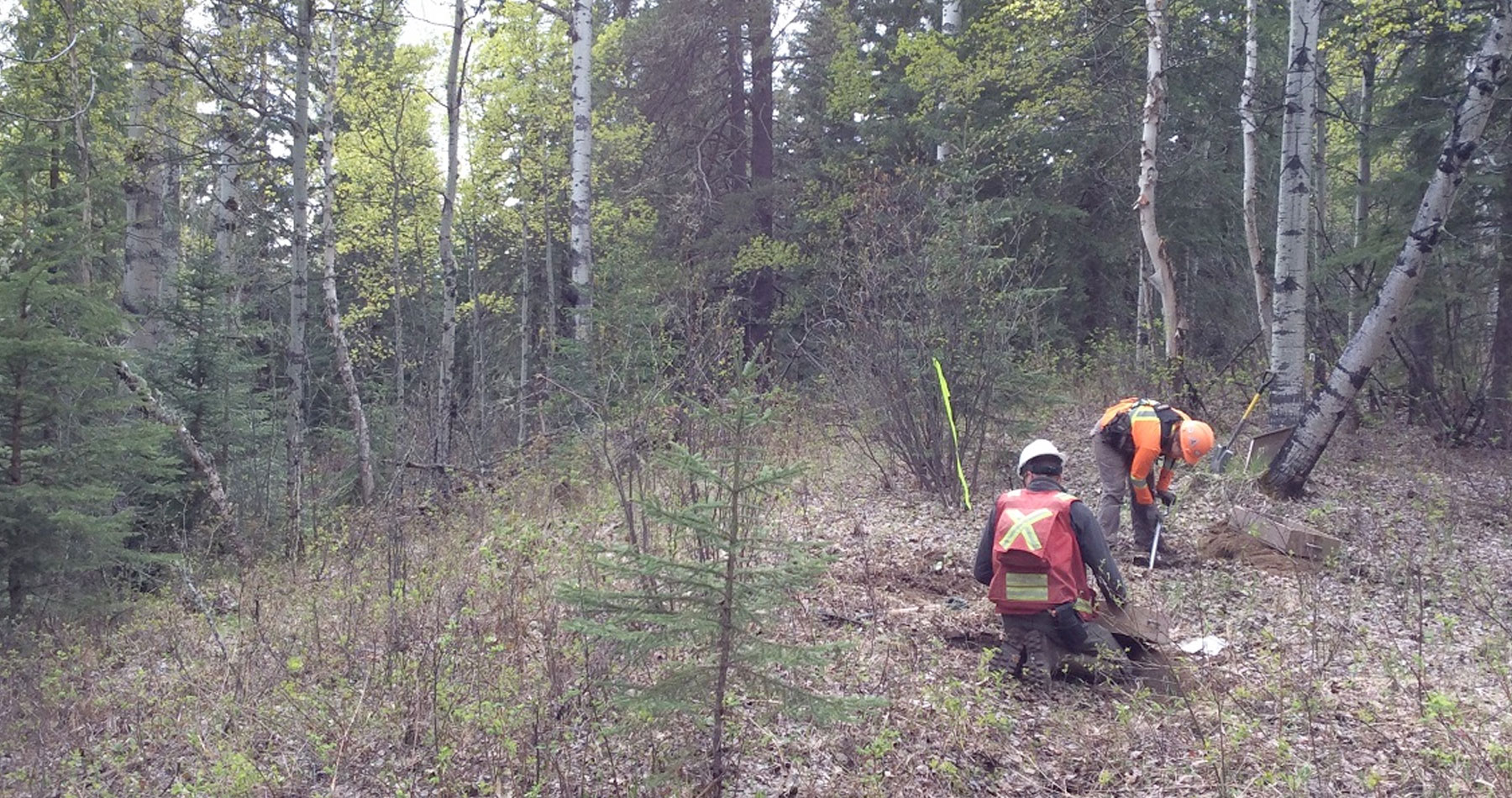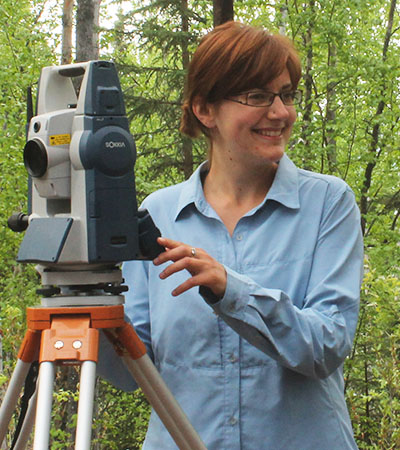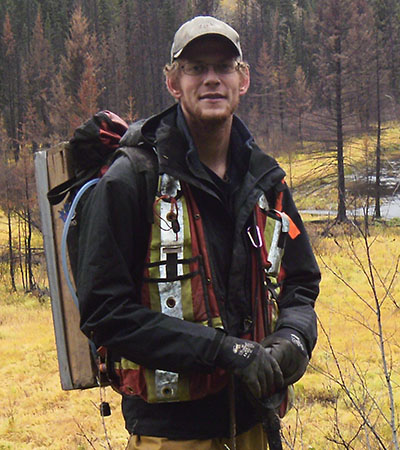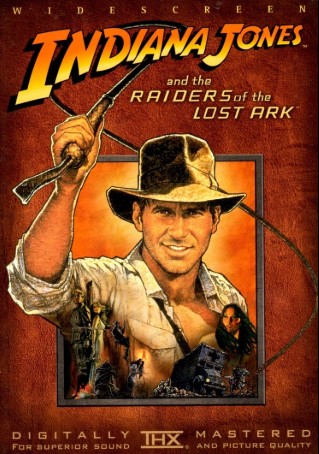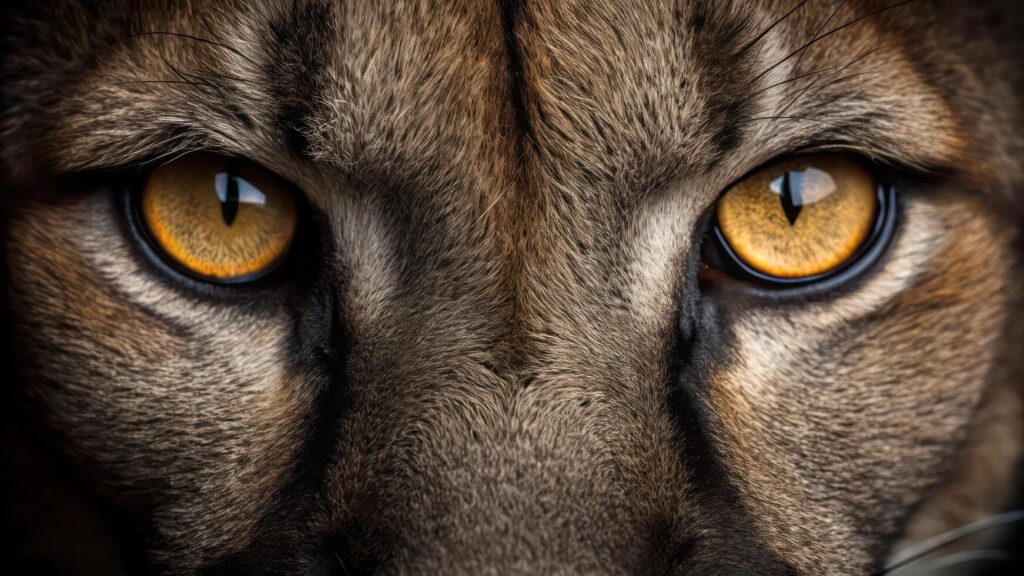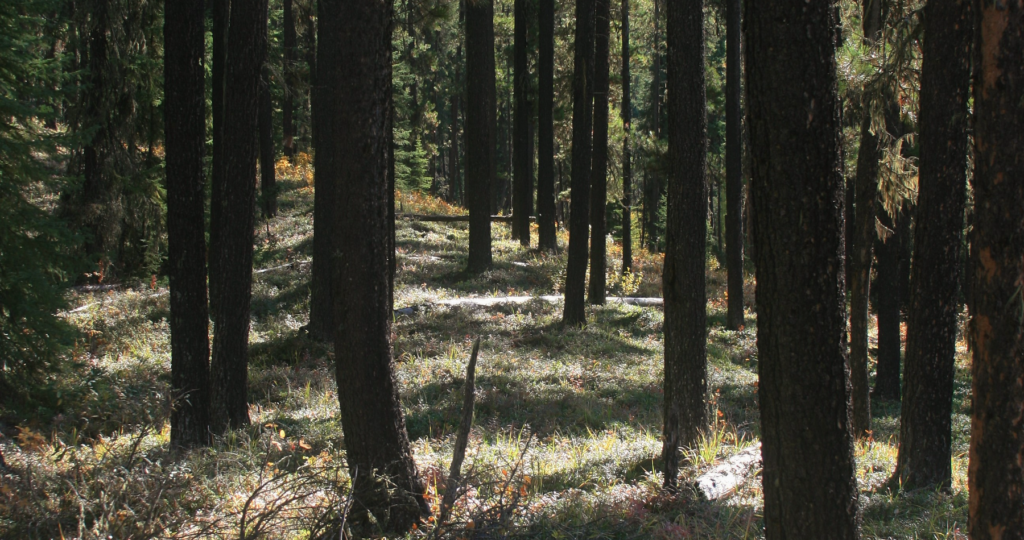Post Category : Archaeonerdism Field Life Local Archaeology
Help! My Child wants to be an ARCHAEOLOGIST!
It's not all bullwhips and buried treasure!
We get many questions from parents with children interested in archaeology. Is archaeology really a job? What classes does my child need to take to be an archaeologist? Can it be a career? Like any professional field, if your not an archaeologist, you likely aren’t aware of the specifics. Ember Archaeology is here to help! We have some advice for youth who are thinking about a career in archaeology. We will go over High School courses and grades, post-secondary programs and institutions and what generally to expect as a new archaeologist. For more information, we’ve already talked about some of the career options in a previous blog.
What are the requirements to be an Archaeologist?
A career in archaeology generally requires a post-secondary education. A bachelor’s degree is pretty much required for a career in archaeology. Even a Bachelor’s degree will likely only get you seasonal or contract positions until you’ve built up quite a bit of experience. In Alberta, a long-term career in the consulting sector requires a Master’s degree. This is because, the provincial government requires an individual to have a Master’s Degree before they are eligible to hold archaeological research permits. Some provinces (i.e. British Columbia) allow very experienced individuals to hold permits with only a Bachelor’s degree, but we’re talking years of actual fieldwork experience. Most teaching or research positions at universities and museums require a PhD.
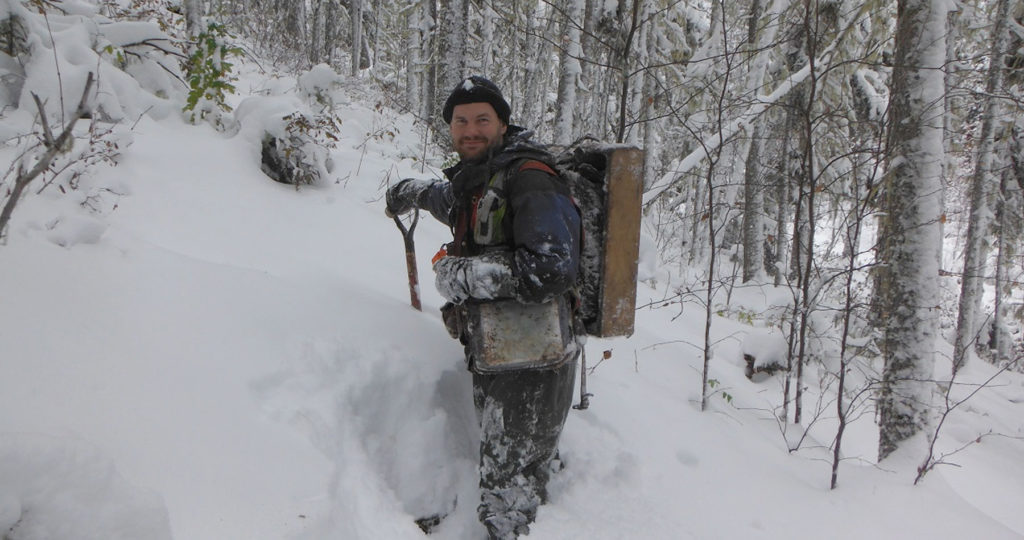
Where should my Child go to Study?
Many different post-secondary institutions teach classes in archaeology. These classes are usually housed within related departments such as Anthropology or History. Pure Archaeology Departments are rare, but do exist. Classical archaeology focuses more on the archaeology of the “old world” (Europe and the Mediterranean). Archaeology in the rest of the world is typically done by anthropological archaeologists.
Here in Edmonton both the University of Alberta and MacEwan University offer archaeology programs. The U of A has archaeology classes in both the Department of Anthropology and the Department of History and Classics. MacEwan offers a Major in Anthropology, but not in Classics. Fortunately, students can cross the river to take classes from both institutions. Archaeology is also offered at the University of Calgary, University of Lethbridge, Mount Royal University, Red Deer College and through distance learning at Athabasca University. Most post-secondary institutions offer courses in archaeology, so there is actually a lot of options.
Large and small schools each have their strengths. Larger schools like the UofA and UofC often offer more exposure to academic research projects around the world. They have a wider variety of classes and more options for minors. Smaller schools like MacEwan and the U of L offer smaller classes, and closer relationships with other students and professors. Many of the professors at smaller schools have more exposure to the applied/consulting side of the profession. This is where more graduates will likely end up working.
What High School Classes does my Child need?
Depending on the academic institution, department and program you‘re aiming for, the requirements for university admission can be very different. For example, to be accepted into either the Department of Anthropology or History and Classics at the University of Alberta, you will need:
- at least a 70% average
- a competitive grades in English 30-1
- competitive grades in at least four other, 30-1 level courses
Smaller institutions, like MacEwan, may have more relaxed entrance requirements. They may even admit mature students with only a 65% in English 30. Note that these are the minimum acceptable grades and these programs are competitive. The minimum average for accepted students is often in the 70’s to 80’s.
Which high school science courses to pursue depends on what aspects of archaeology you’re interested in. Biology would be a natural choice. It would definitely be helpful to anyone interested in early humans, primates, forensics anthropology, or studying human burials or skeletons. To study past diet and mobility, chemistry would be a good course to have. Ground penetrating radar and magnetometry is becoming a much bigger part of archaeology. So it also wouldn’t hurt to have a background in physics. Really, archaeology is such a diverse field that there is an area of specialization for whatever interest you child may have.
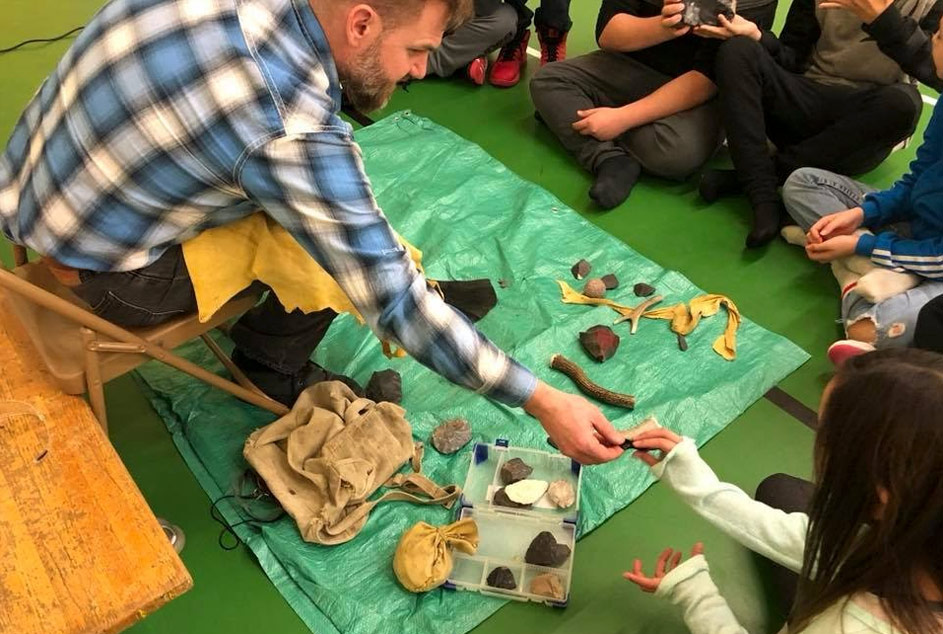
How do I know if Archaeology is right for my Child?
Most importantly, I really encourage youth to get some experience as soon as possible. Try to get onto a volunteer project while still in high school. Take an archaeological field-school after your first year of study, or as early as possible into your degree. Field schools are offered by many academic institutions and can provide credits that contribute to your degree.
Many people go to their first field school late in their degree, only to discover that they don’t actually enjoy archaeology. Some people find the slow, methodical, detail-oriented work boring. Other people don’t like the hot sun, sand, dirt and physical labour. Most jobs in this field require a love of the outdoors and almost all archaeological research happens away from home. It can be tough to balance this job with other interests and family life. But field schools can give people not accustomed to such things some much needed hands-on experience.
If you’re really interested being an archaeologist, The Bodo Archaeological Site (a center of the Archaeological Society of Alberta) offers short (1-4 day) field opportunities. This is the archaeological site that I did my Master’s work at. Many of the other regional centers of the Archaeology Society of Alberta also organize small, 1-day field projects.
As a former high school student who was keen to go into archaeology, I want to commend parents who support their child in pursuing their passion. For me, the career prospects weren’t clear. Most of my friends went into engineering. However, my parents supported my passion and things have worked out well. Alberta is a great place to be a professional archaeologist.
Good luck!
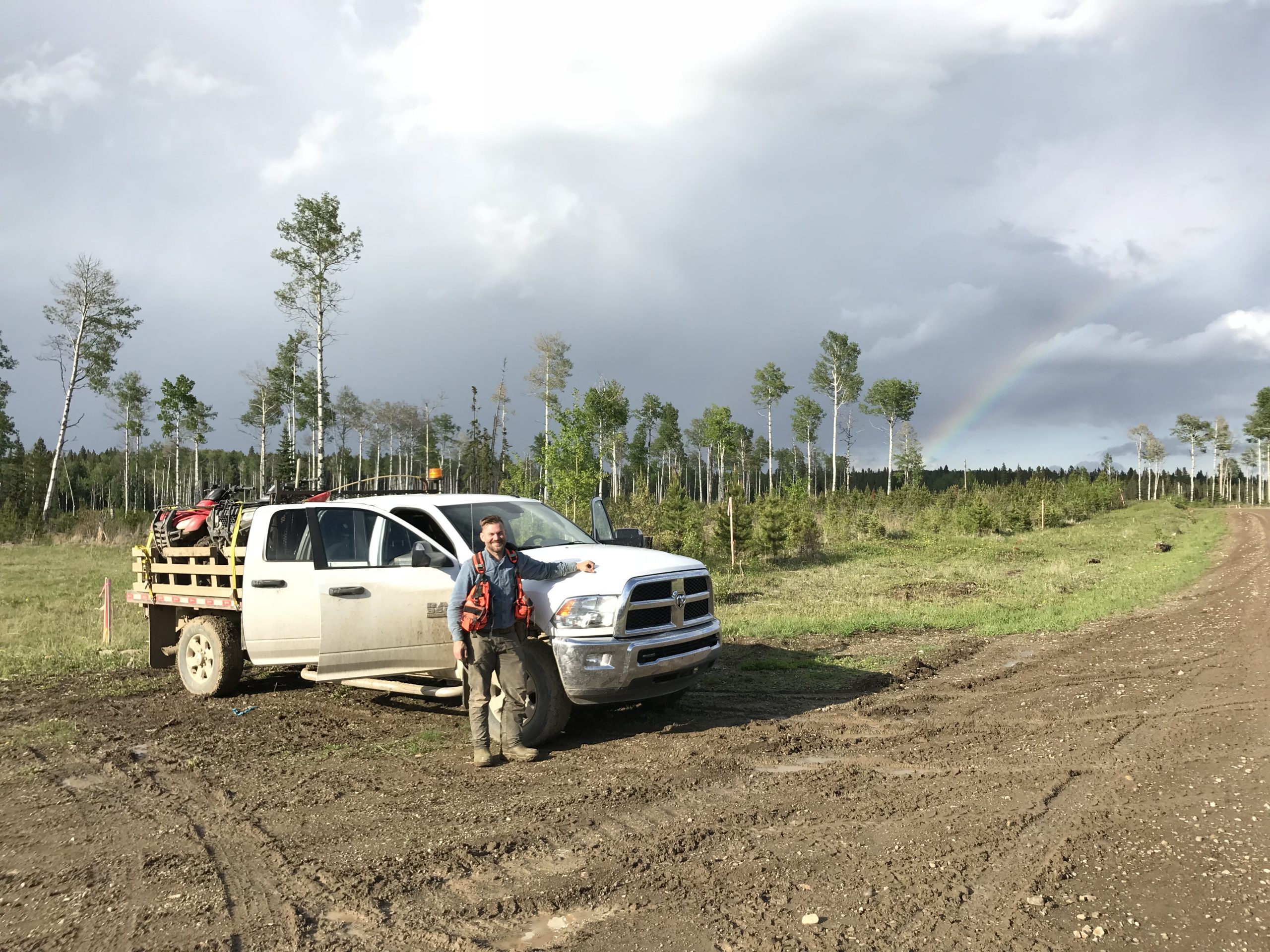
Kurtis Blaikie-Birkigt
General Manager
Kurtis Blaikie-Birkigt is the General Manager of Ember Archaeology. He joined Tree Time Services Inc. in 2008 and found a new archaeology division. Kurtis has worked in the Parkland and Boreal Forest since 2002, with a strong focus on archaeology for the forestry sector. Kurtis has been the permit holder or project manager on over 80 forestry annual operating plans up to 15,000 ha in size. He has led predictive modeling projects for over 22% of Alberta, and a modeling pilot project for the Government of Northwest Territories. Kurtis is authorized to hold permits in Alberta, Saskatchewan, Manitoba, Northwest Territory, Yukon and Northeastern British Columbia.

